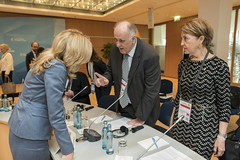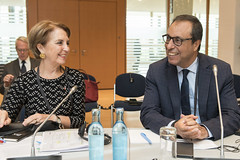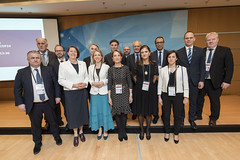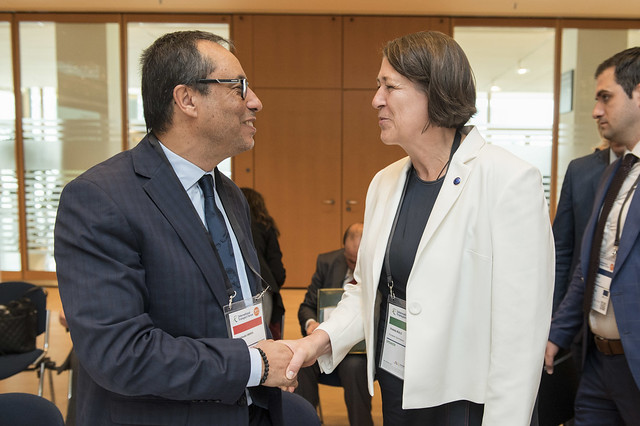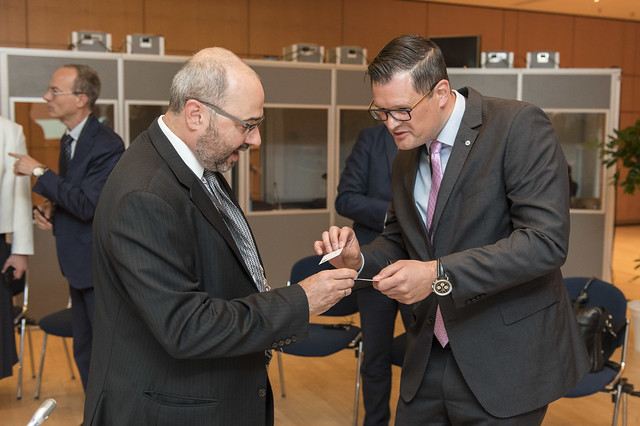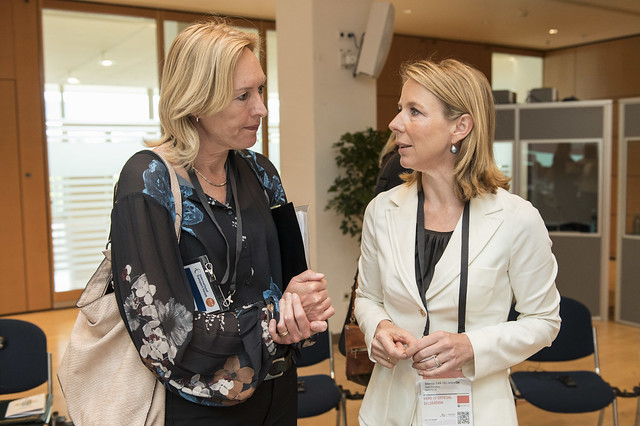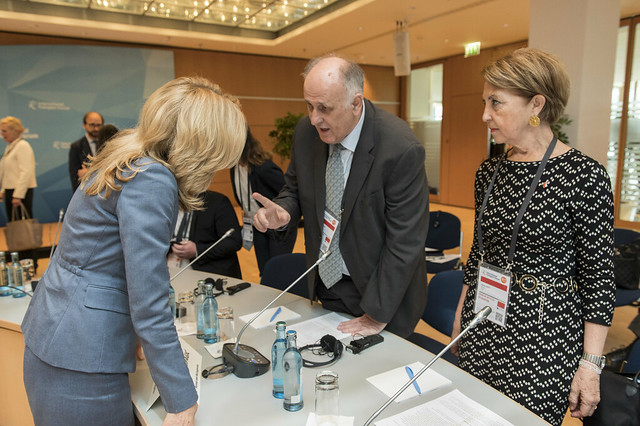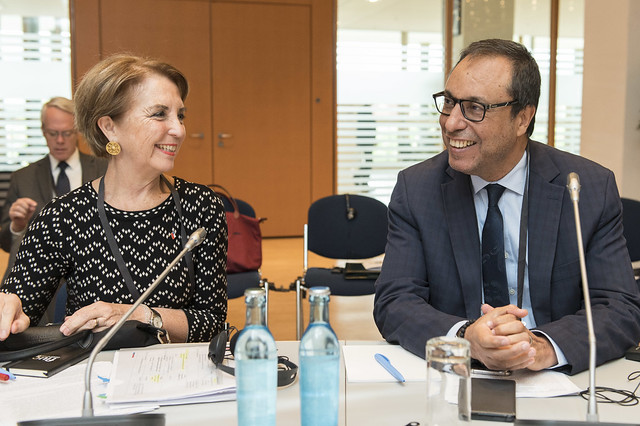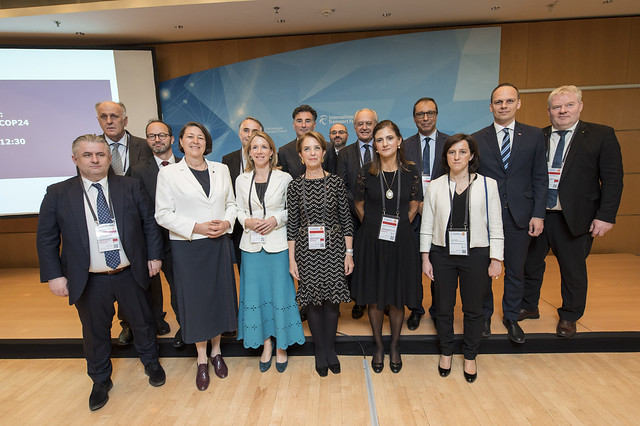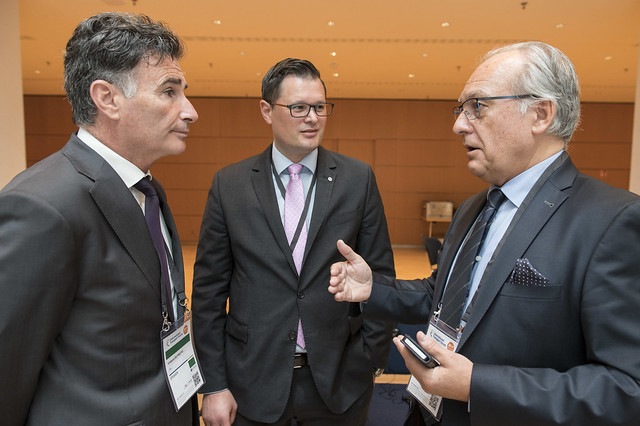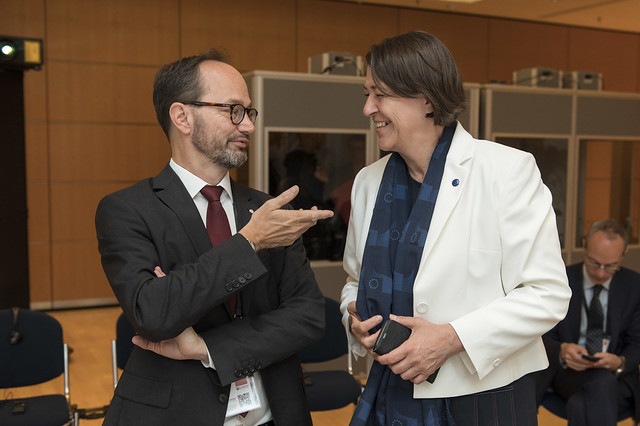The 24th session of the Conference of the Parties (COP24) to the United Nations Framework Convention on Climate Change (UNFCCC) in Katowice, Poland delivered the Katowice Rulebook, implementing the Paris Agreement. This important moment marks the beginning of a process where countries need to start stepping up actions for climate protection and to define a clear policy pathway, especially for transport, where it remains one of the most challenging sectors to decarbonise. Currently, only 60% of the Nationally Determined Contributions (NDCs) have included any kind of transport measures and these measures often lack a comprehensive approach to address the challenges in reducing carbon emissions in passenger and freight transport. In addition, there are many other transport initiatives that have not been captured in NDCs, especially in emerging economies, where NDCs are often not aligned with national transport plans. It is recognised that governments will continue to have a significant role to play and the policies they implement will determine the direction of where the sector and its many stakeholders need to go. The transport sector has to start acting fast to provide the enabling framework for the sector to scale up action, by using available cost effective solutions to significantly reduce transport emissions, create co-benefits and change behaviour through the provision of reliable, safe and affordable services at the same time.
This roundtable serves as a platform for transport Ministers to focus on some of the above mentioned issues with leaders in the private sector and international organisations.
Joint Statement of Ministers participating in the Ministers’ Roundtable on Transport and Climate: Moving forward from COP 24 at the International Transport Forum’s Annual Summit on 22 May 2019
Speakers
Speakers

James Grabert
Director, Sustainable Development Mechanisms Programme
United Nations Climate Change Secretariat (UNFCCC)
















